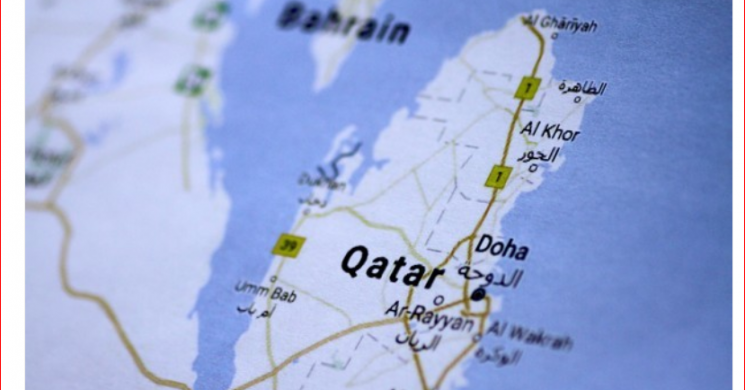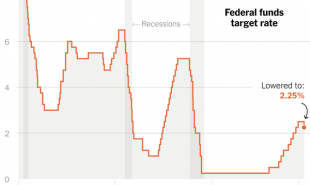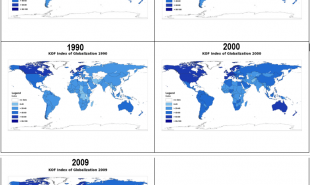
Saturday’s Attack: ISIS claimed responsibility for the attack in Britain, in which a van drove into a crowd of pedestrians on London Bridge, killing seven and wounding more than 20. In the aftermath, U.K. Prime Minister Theresa May called for stronger counterterrorism measures, and London Mayor Sadiq Khan encouraged citizens to stay calm—prompting an angry response on Twitter from President Trump, who took the opportunity to promote his own message of fear over links between Muslim immigration and terrorism.
‘Travel Ban’ Tweets: As his administration’s lawyers prepare to defend his executive order limiting travel to the U.S. from six Muslim-majority countries before the Supreme Court, the president risked undermining their case with a series of tweets criticizing the Justice Department and identifying the order as “what we need and what it is, a TRAVEL BAN!” Legal observers across the political spectrum criticized the tweets, including George Conway, the husband of Trump’s close adviser Kellyanne Conway, and one of the president’s finalists for the post of solicitor general. Conway emphasized that while he still supports Trump, he sees such impulsive comments as unwise and counterproductive. Many Republican leaders are facing the same dilemma.
Conflicts in the Arab World: Saudi Arabia, Egypt, Bahrain, the United Arab Emirates, Libya, and Yemen, as well as the Maldives, severed relations with Qatar today over allegations that Qatar supports extremist groups including ISIS and the Muslim Brotherhood. Elsewhere in the region, this week marks the 50th anniversary of the Six-Day War in which Israel won expanded territory from its neighbors—and transformed religious movements far beyond the Middle East.
Snapshot

Members of the American Nazi group German American Bund attend a rally near Yaphank, New York, in 1937. More photos here. (Bettmann Archive / Getty)
Read more by Soren K.Group







